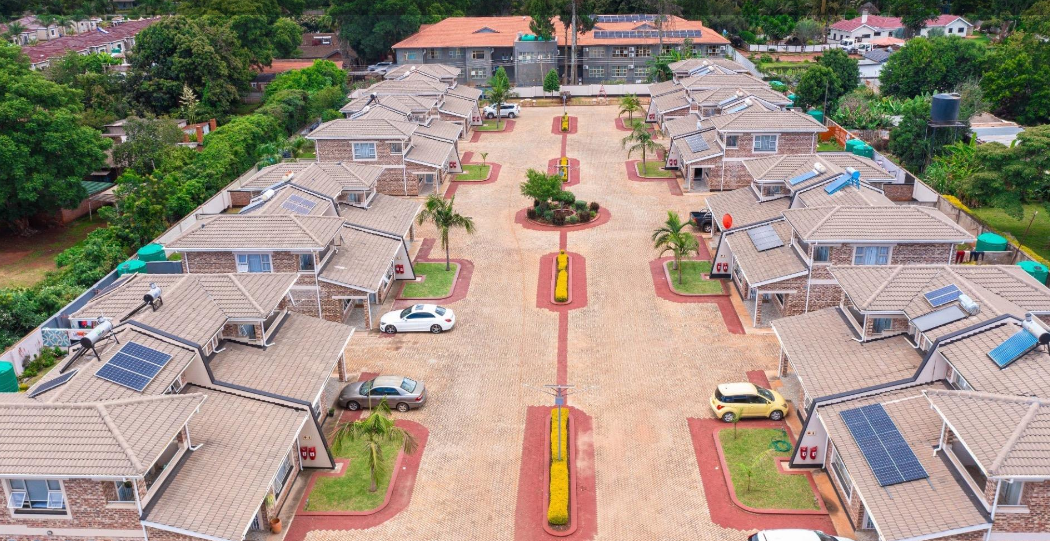Harare, Zimbabwe | Concerns are rising about the potential shift of Harare’s low-density suburbs into high-density areas within the next five years, allegedly driven by councillors approving cluster housing projects in return for kickbacks from developers.
In the last seven years, the City of Harare has not allocated stands for cluster housing, leaving a policy gap that some councillors are reportedly exploiting for personal benefit.
It has been reported that councillors, despite lacking the necessary training, are involved in the technical assessments of potential cluster housing sites. They conduct site inspections and visits, raising concerns that developers may be bribing them to expedite their projects.
Mr. Addmore Nhekairo, the Housing Director at Harare City Council, clarified, “I am not allocating any stands for cluster housing. These are large plots where individual owners are applying to subdivide into clusters.”
Read: Job Sikhala Arrested in Mutare Alongside 40 Others During Private Leadership Meeting
He acknowledged the possibility of councillors soliciting payments from developers but suggested that the rise of cluster housing is a result of increasing demand for affordable accommodation.
Residents in areas such as Mt Pleasant and Groombridge have expressed dissatisfaction with the new cluster housing policy, calling for the council to upgrade the existing infrastructure before approving further developments.
Their concerns focus on the strain cluster housing could place on sewer and water systems, as well as the lack of essential services like schools.
Mr. Nhekairo assured that the town planner is now taking residents’ concerns into account, especially regarding the impact on sewer systems, water infrastructure, and the availability of services like schools.
The rapid development of high-density housing is threatening the character of low-density suburbs in Harare. Residents are urging the city council to focus on infrastructure improvements and address governance issues that have led to the current situation.
In Newlands, concerns have been raised about the increased number of apartment buildings housing many families, which has placed additional pressure on electricity supplies, leading to frequent faults. The surge in population has also led to more residents drilling boreholes, which is lowering the water table.
Some residents have raised these issues with the council but report that no action has been taken so far.

For comments, Feedback and Opinions do get in touch with our editor on WhatsApp: +44 7949 297606.
